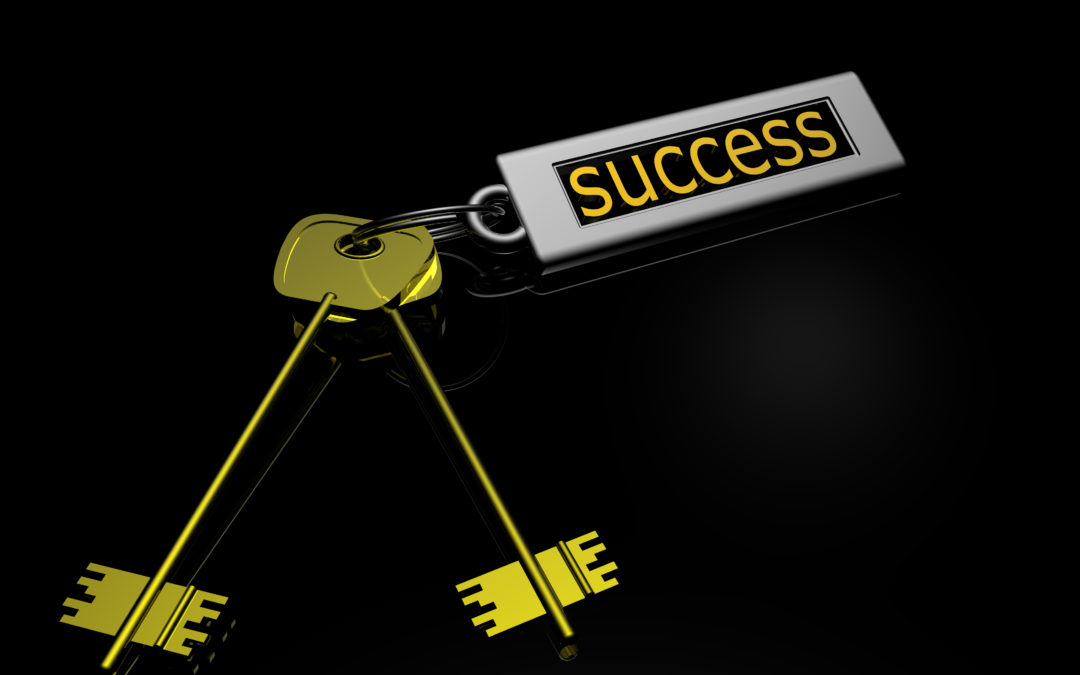Table of Contents
1. The Rise of the Tech Startup Ecosystem
2. From Garage to Greatness: Famous Billion-Dollar Startup Origins
3. Key Ingredients Behind Startup Success
4. The Role of Venture Capital and Angel Investors
5. Lean Startup Methodology: Scaling Smart
### 1. The Rise of the Tech Startup Ecosystem
Over the past two decades, the global startup landscape has undergone a seismic transformation. What was once the domain of a few maverick entrepreneurs in Silicon Valley is now a global phenomenon, with tech startup hubs flourishing in cities like Bangalore, Tel Aviv, Berlin, and São Paulo. Fueled by cloud computing, open-source software, remote collaboration tools, and mobile-first markets, it has never been easier — or cheaper — to start a technology company.
Today, small ideas born from a simple problem or user frustration can rapidly evolve into scalable digital solutions. The democratization of tools and information means anyone with internet access and entrepreneurial ambition can test, launch, and grow a tech startup. Platforms like GitHub, AWS, Stripe, and Figma have become foundational to this new wave of creators, lowering the barriers to entry and accelerating time-to-market. Governments and private incubators are also investing heavily in startup ecosystems, offering grants, co-working spaces, and access to mentorship.
### 2. From Garage to Greatness: Famous Billion-Dollar Startup Origins
Some of today’s most valuable companies started with ideas that seemed laughably small or niche at the time. Take Airbnb, for instance — it began as a side hustle to rent out air mattresses in a San Francisco apartment during a design conference. Today, it’s a global travel platform valued at over $90 billion. Dropbox started with a simple need: syncing files across devices. Instagram was a pivot from a failed app called Burbn. Slack emerged from a failed gaming startup.
What these stories show is that billion-dollar outcomes often begin with humble beginnings — but are backed by relentless iteration, customer feedback, and strong product-market fit. Founders who stay obsessively close to the problem they’re solving tend to make better decisions and evolve their ideas more intelligently.
These origin stories are more than just startup lore — they serve as powerful case studies in how clarity of purpose and nimbleness can win out over traditional corporate behemoths.
### 3. Key Ingredients Behind Startup Success
Not every idea becomes a unicorn. So what separates the billion-dollar success stories from the rest? While luck plays a part, there are common success factors:
- **Founder-market fit**: Great founders often have a deep personal connection to the problem they’re solving.
- **Customer obsession**: Companies like Amazon and Stripe built cultures around solving customer pain points better than anyone else.
- **Strong product-market fit**: A great product that meets a real need — at scale — is the holy grail.
- **Speed and adaptability**: Startups thrive on rapid iteration, testing, and feedback loops.
- **Team dynamics**: Smart hiring and a mission-driven culture often determine how well a startup weathers early storms.
Moreover, successful startups usually have a growth mindset baked into their DNA — they’re not just solving today’s problem, they’re building platforms for tomorrow’s opportunities.

### 4. The Role of Venture Capital and Angel Investors
Behind every billion-dollar tech startup is a support network of capital providers — especially in the early days. Venture capital (VC) and angel investment are critical to startup growth, offering not just funds but strategic advice, networks, and credibility. Firms like Sequoia Capital, Andreessen Horowitz, and SoftBank have helped shape the fate of countless companies.
Angel investors, often successful entrepreneurs themselves, provide the first crucial infusion of capital when banks and traditional lenders won’t take the risk. They also bring mentoring and industry connections that can open doors for fledgling companies.
However, raising capital is an art in itself. Founders must master storytelling, financial planning, and market analysis to secure investment. And as startup valuations soar, investors are increasingly cautious, making due diligence and proven traction more critical than ever.

### 5. Lean Startup Methodology: Scaling Smart
The lean startup methodology, popularized by Eric Ries, has become a fundamental playbook for modern tech founders. Its core principles — build, measure, learn — encourage startups to launch with a minimum viable product (MVP), gather real customer feedback, and iterate quickly.
Instead of spending years building the "perfect" product, successful startups get to market fast, test assumptions, and refine based on real-world data. This approach minimizes waste, maximizes learning, and allows companies to pivot early if needed.
Companies like Dropbox and Zappos famously used MVPs to validate demand before scaling. Today, no-code tools like Webflow, Bubble, and Glide empower non-technical founders to prototype ideas and test markets without writing a single line of code.



You must be logged in to post a comment.